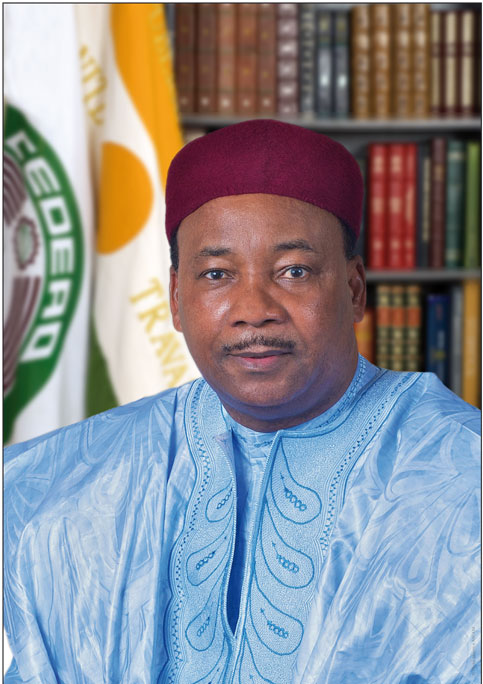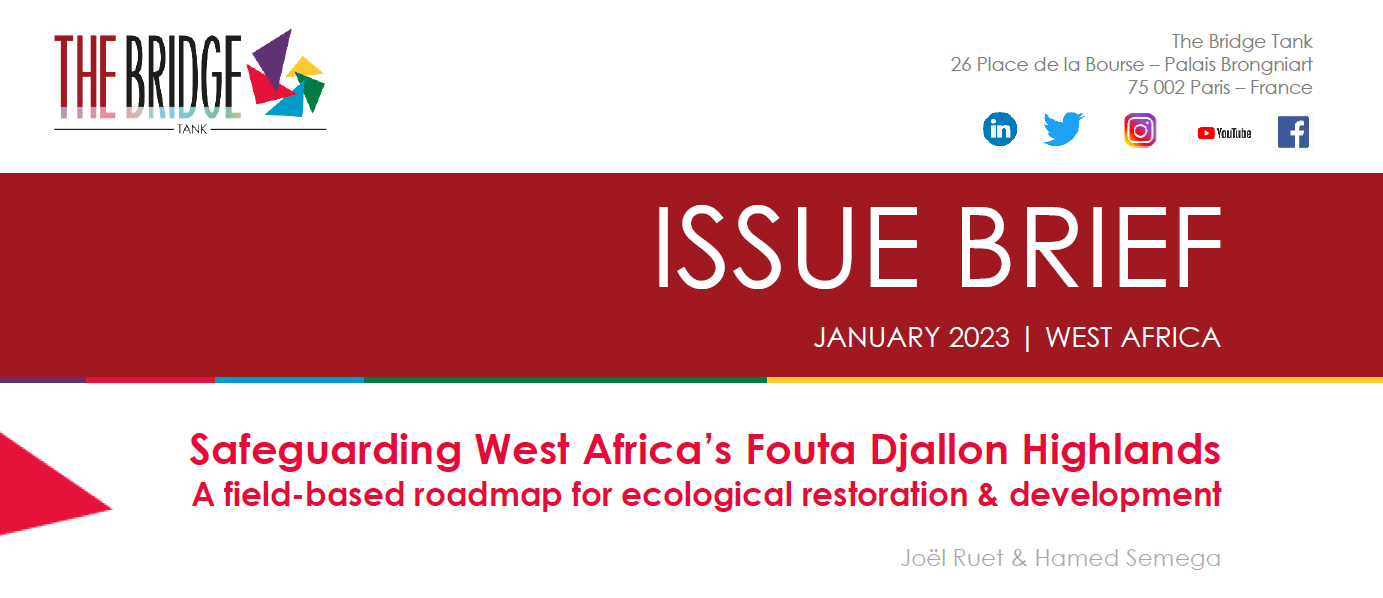
“The COP15 of the UN Convention to combat Desertification is hosted by Africa, with a presidency held by Cote d’Ivoire in West Africa. While Africa is serving the world through COP15, notably in an effort to unite the conventions on desertification, biodiversity and climate, the world should reciprocate by not forgetting Africa’s most salient ecosystems.
In one of the most landlocked and difficult to reach parts of Africa, the Fouta Djallon highlands of Guinea are dying. Often called “the water tower of West Africa” as they water a region of nearly 300 million people, these highlands and the headsprings of seven of the region’s largest rivers which are found there are drying up.
The combined effects of climate change and the impact of mis-development on local populations and livestock have put severe pressure on this vibrant but fragile ecosystem. As deforestation, desertification, and the erosion of soil increase, the future stability and development of an entire region find themselves threatened. The very survival of West Africa’s rivers depends on successfully safeguarding the Fouta Djallon.
The challenges facing the Fouta Djallon:
- Climate change, e.g. reduced rainfall, cyclical droughts, and desertification;
- Unsuitable traditional agricultural methods, e.g. shifting cultivation and slash-and-burn agriculture leaving land overexploited;
- Decreasing vegetation cover, e.g. expansion of farmlands, and abusive logging for firewood;
- Declining soil quality, due to overgrazing leading to accelerated erosion and desertification;
- Depletion of water resources, due to increased siltation and sedimentation of headwaters, decreasing vegetation cover and soil quality.
A roadmap for ecological restauration & development:
- Supporting & mobilizing local communities, e.g. disseminate catalogues of best practices of traditional and modern agro-forestry, ecosystem restauration, awareness-raising and training of local populations;
- Fostering research and innovation, e.g. increase knowledge & data on resources-ecosystems, incubation of local technological startups, support research on nature-based solutions, local environmental engineering;
- Political will & regional cooperation, e.g. assemblies of river basin organisations, regional cooperation frameworks around a common resource to ensure social & environmental sustainability;
- A green-blue bond for the Fouta Djallon supported internationally to mobilise finance for the restauration of resources and the social development of the highlands.”
About the authors:
Joël Ruet
Economist of natural resources, President, The Bridge Tank
Hamed Semega
Founding Board Member of The Bridge Tank, former High Commissioner of the Senegal River Basin Development Organisation (OMVS), 2017-22

